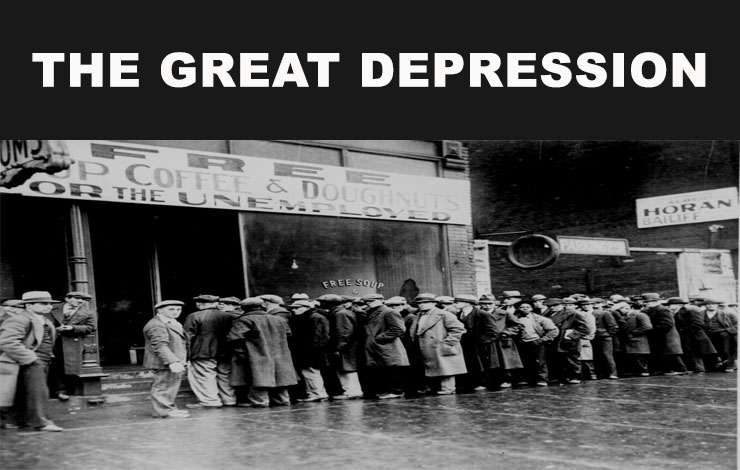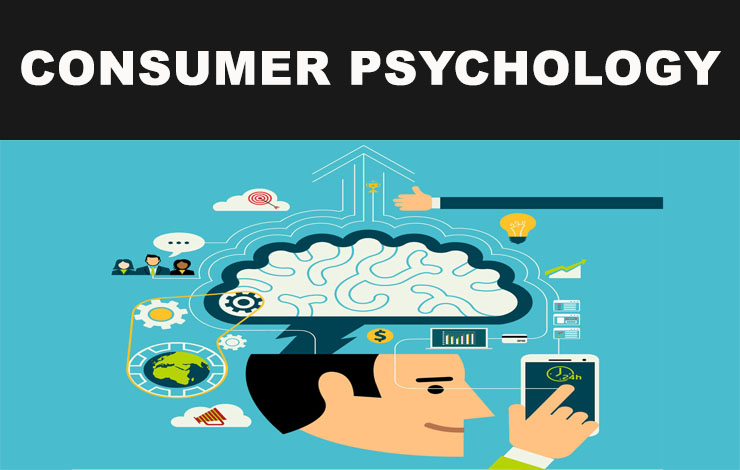Consumer psychology is the study of how consumers think, feel, and behave when making purchasing decisions. It is a complex field that is influenced by a variety of factors, including individual differences, social influences, and environmental factors.
Consumer psychology can have a significant impact on financial markets. When consumers are confident about the economy, they tend to spend more money. This can lead to increased demand for goods and services, which can boost economic growth.
However, when consumers are fearful about the economy, they tend to save more money. This can lead to decreased demand for goods and services, which can slow economic growth.
How consumer psychology affects financial markets
There are a number of ways that consumer psychology can affect financial markets. Here are some examples:
- Consumption: Consumer spending is a major driver of economic growth. When consumers are confident about the economy, they tend to spend more money. This can lead to increased demand for goods and services, which can boost economic growth.
- Investing: Consumer psychology can also affect investment behavior. When consumers are confident about the future, they may be more likely to invest in stocks and other risky assets. This can lead to increased demand for these assets, which can drive up their prices.
- Saving: When consumers are fearful about the future, they may be more likely to save money. This can lead to decreased demand for goods and services, which can slow economic growth.
- Financial markets volatility: Consumer psychology can also affect the volatility of financial markets. When consumers are uncertain about the future, they may be more likely to sell stocks and other assets. This can lead to increased volatility in the markets, which can make it more difficult for investors to make money.
Examples of how consumer psychology has affected financial markets
There are many examples of how consumer psychology has affected financial markets. Here are a few examples:

The Great Depression
- The Great Depression: The Great Depression was a major economic downturn that began in 1929. One of the causes of the Depression was the collapse of consumer confidence. As consumers became more fearful about the future, they began to spend less money. This led to a decrease in demand for goods and services, which caused businesses to fail and unemployment to rise.
- The dot-com bubble: The dot-com bubble was a period of rapid economic growth in the late 1990s that was driven by the rise of technology companies. During this time, consumer confidence was high, and many people invested in technology stocks. However, when the bubble burst in 2000, consumer confidence plummeted. This led to a decrease in demand for technology stocks, which caused the value of these stocks to collapse.
- The COVID-19 pandemic: The COVID-19 pandemic has had a significant impact on consumer psychology. As the pandemic spread, consumers became more fearful about their health and financial security. This led to a decrease in consumer spending, which has slowed economic growth.
What has been covered in this article?
Consumer psychology is a complex field that can have a significant impact on financial markets. By understanding the factors that influence consumer psychology, investors can make better decisions about where to invest their money.
